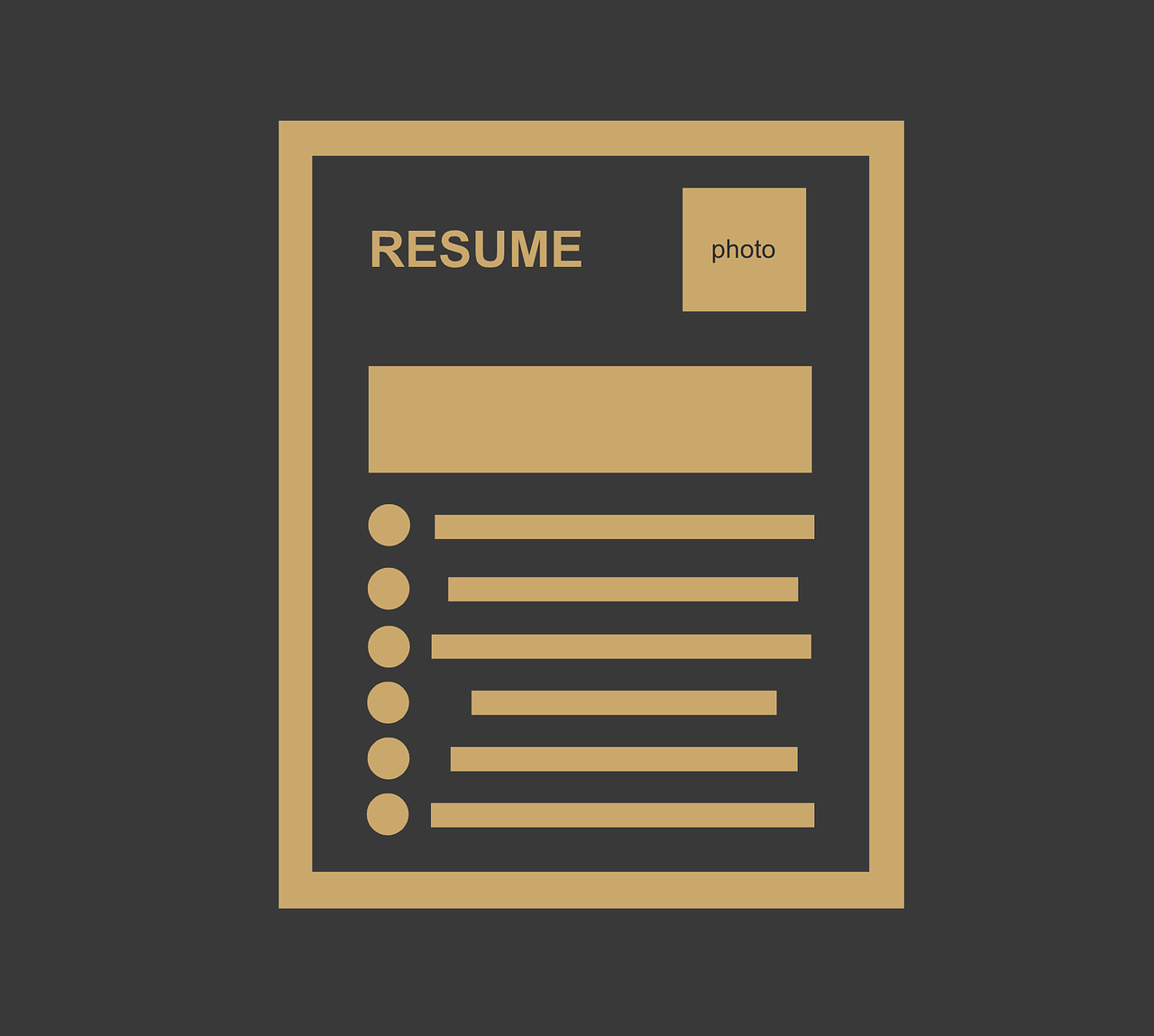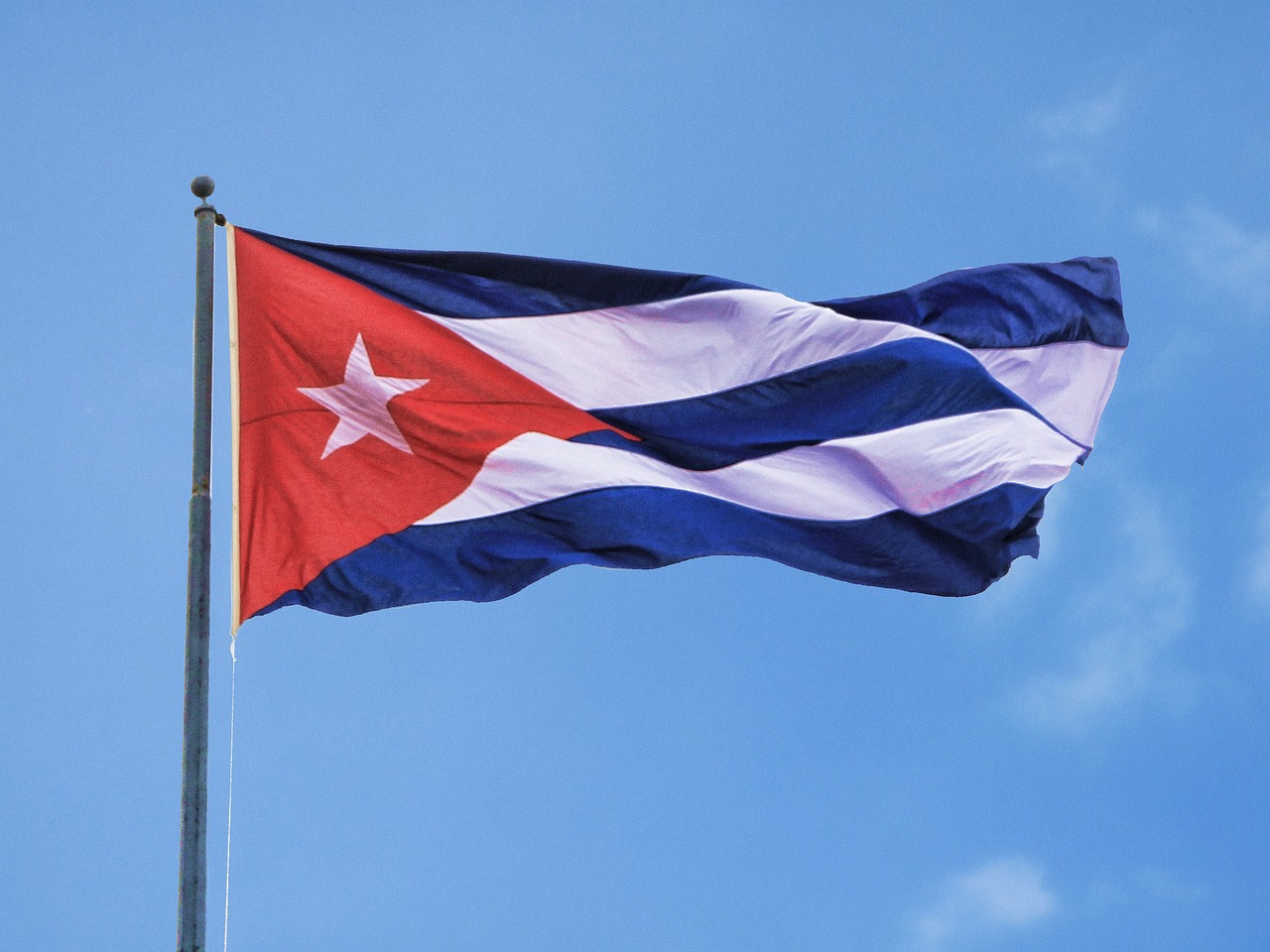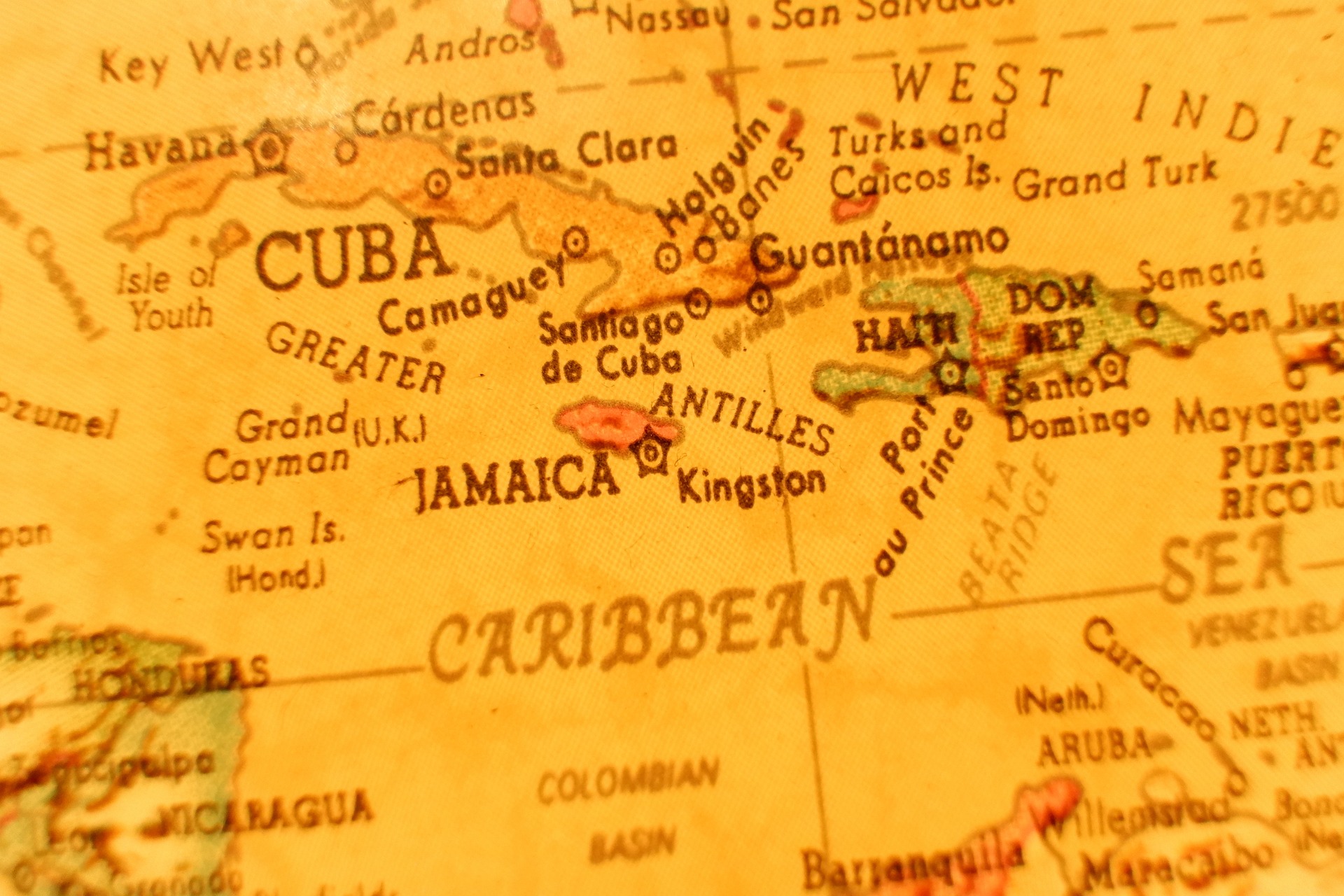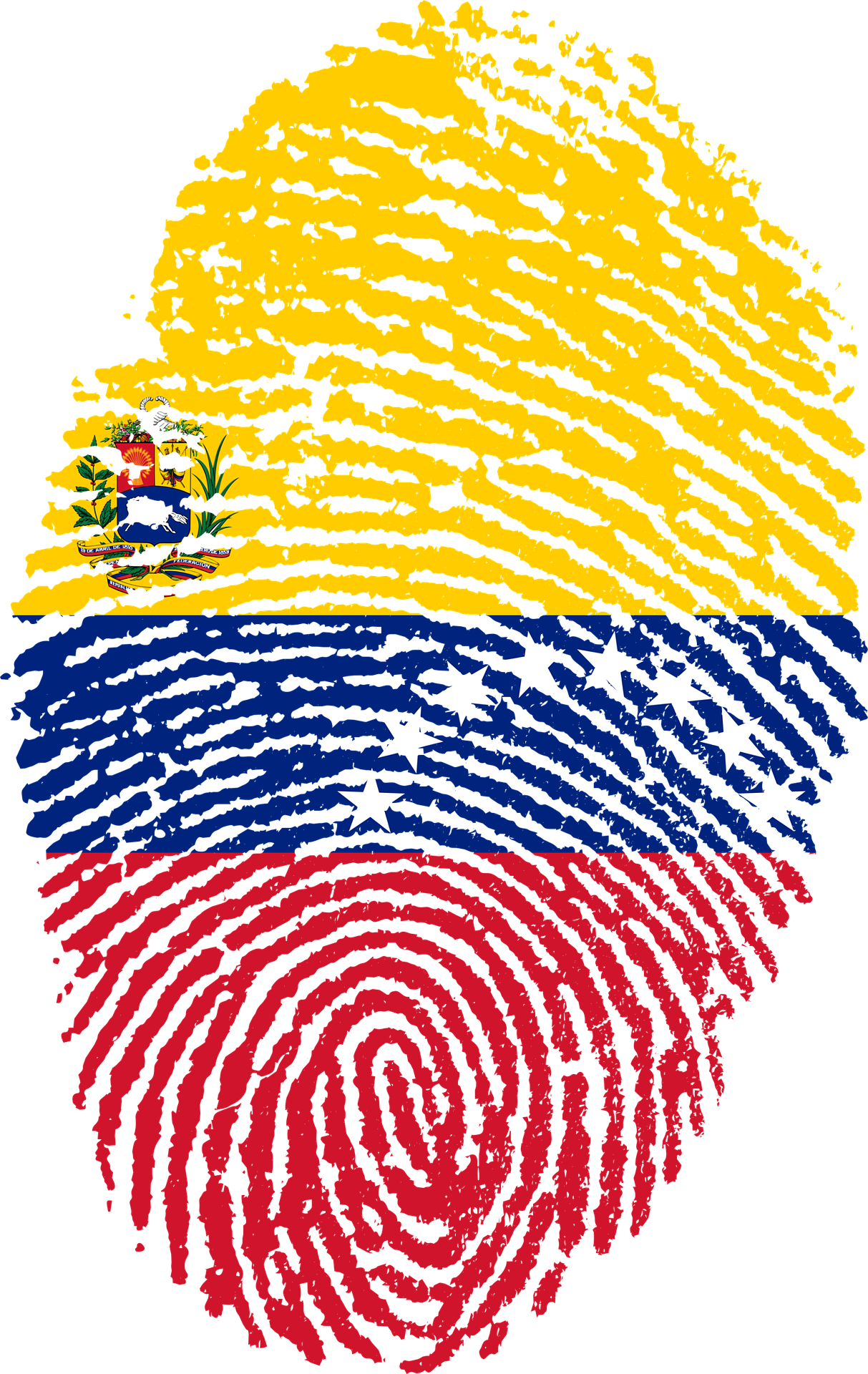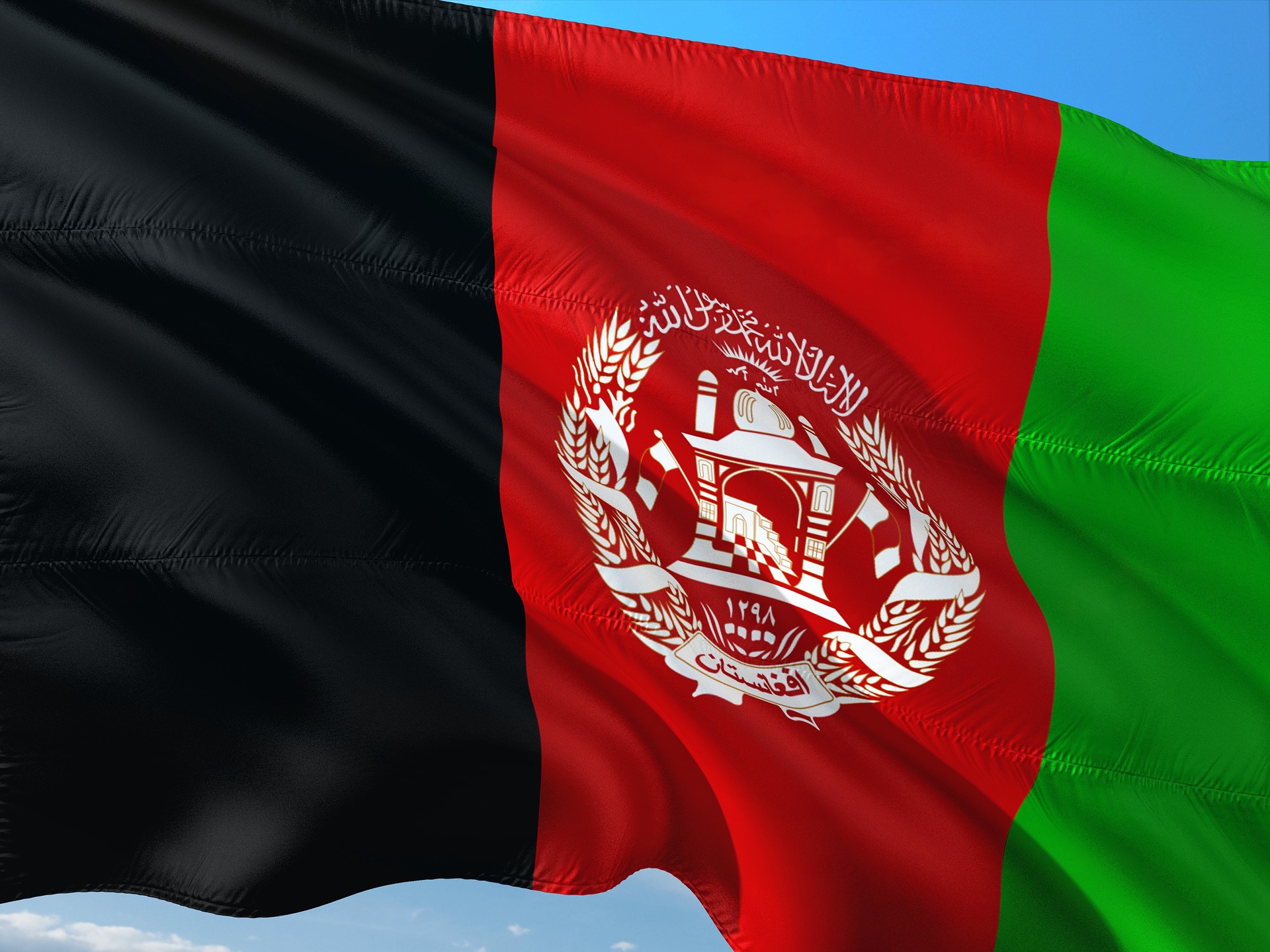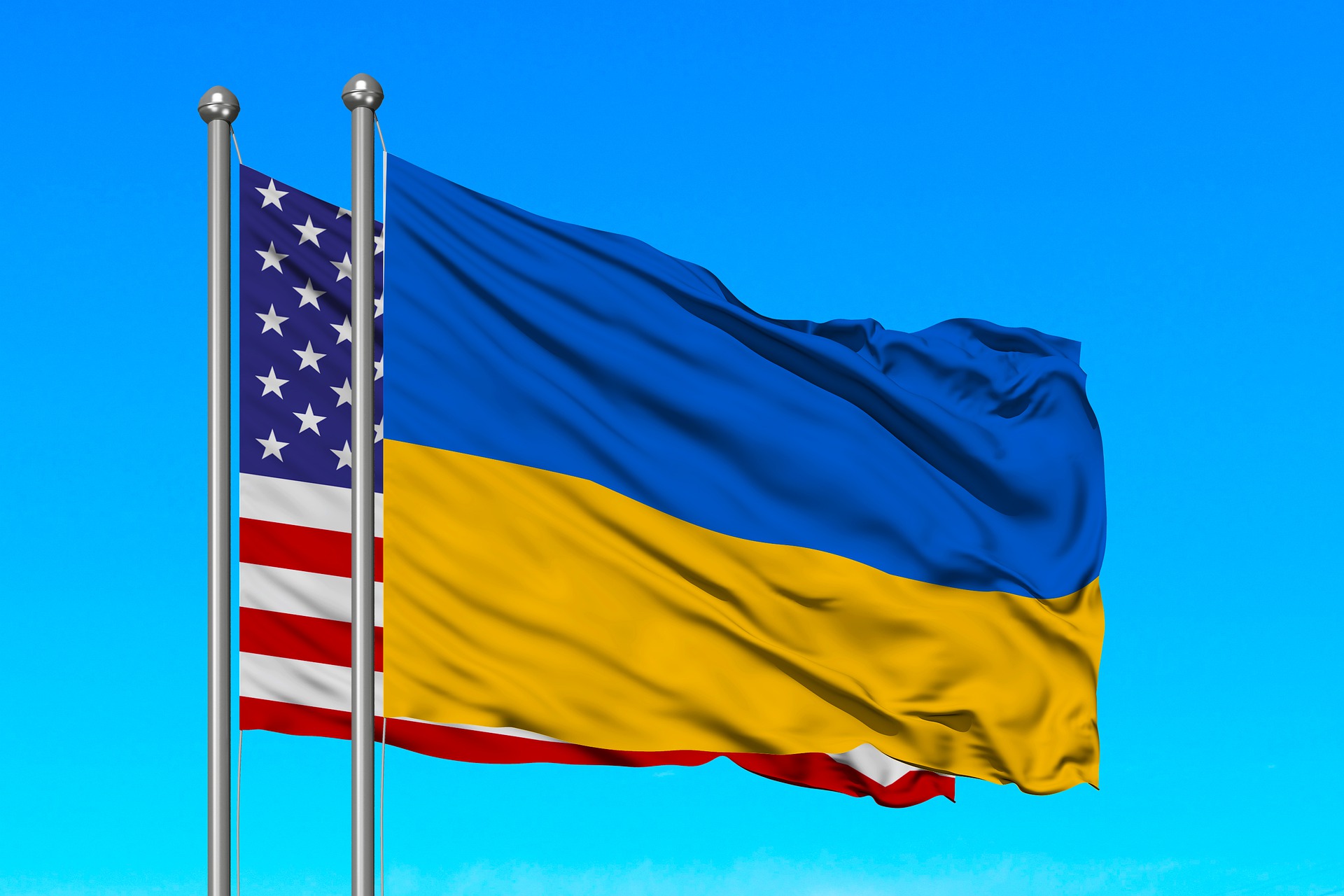Great news! The U.S. Citizenship and Immigration Services (USCIS) recently announced that eligible beneficiaries of the Uniting for Ukraine program, may apply to renew their parole and employment authorization starting February 27, 2024.
Who is eligible?
Ukrainian citizens and their immediate family members who were paroled into the United States on or after February 11, 2022, can apply for re-parole under the program. Using its discretion, USCIS can grant parole on a case-by-case basis.
To be eligible for re-parole, applicants must demonstrate the following:
- You are a Ukrainian citizen or immediate family member who was paroled into the United States on or after February 11, 2022;
- There are continued urgent humanitarian reasons or a significant public benefit for issuance of a new period of parole;
- You warrant a favorable exercise of discretion;
- You are physically present in the United States as a parolee;
- You have complied with the conditions of the initial parole; and
- You clear biographic and biometric background checks.
What benefits does the program provide?
The Uniting for Ukraine program allows eligible Ukrainians to remain in the United States temporarily and apply for work authorization, due to the extraordinary circumstances caused by Russia’s invasion in 2022. Since these circumstances continue to exist, USCIS will continue to accept requests for re-parole on a case-by-case basis.
 Visa Lawyer Blog
Visa Lawyer Blog



